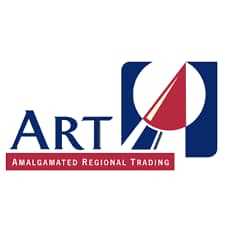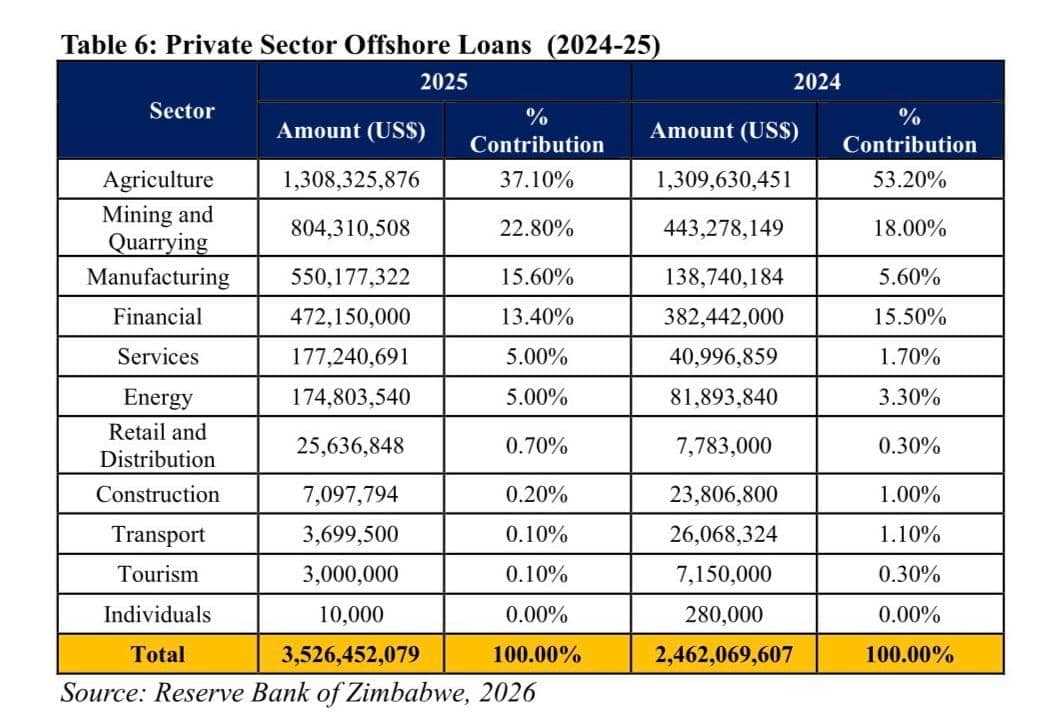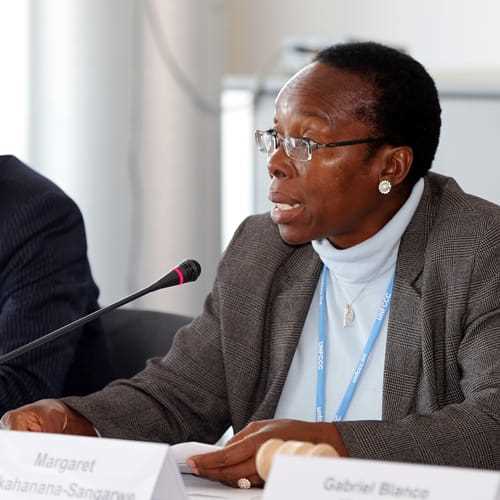
Audrey Galawu
Assistant Editor
ART Holdings Limited had an extremely difficult first quarter ending March 31, 2024, as challenges in the trading environment severely impacted the business.
Overall sales volumes declined by 10% from the prior year. Pricing distortions induced by exchange rate disparities in the market affected trading and the business had to implement measures to adapt which included curtailing paper exports.
Exports were 4% below the prior year due to the deliberate decision to stem losses and reduce exposure as forex currency shortages persisted in Zambia and Malawi.
Revenue for the half year increased by 8% to ZWL$500 billion in inflation adjusted terms compared to prior year, reflecting movements in pricing in line with inflation and currency movements. In real hard currency terms, revenues declined by 6% to US$17,8million.
Gross margins increased to 51% as input cost increases were recovered through pricing. Efficiencies were affected by reduced plant availability due to power outages and delays in receiving imported raw materials.
Exchange losses recorded during the period amounted to ZWL$292billion as a result of the steep devaluation of the local currency.
Related Stories

ART chairman, Dr Thomas Wushe acknowledged that the group’s overall performance was weighed down by the losses in the paper segment and an estimated loss of US$112,000 was recorded for the period.
“The Group faced significant cash constraints as it sought to realign its operations following the difficult decision to temporarily shut the Mill and stop paper exports. Tight working capital management and the successful disposal of the underutilised stands in Mutare for US$1,2 million helped to ease the cash flow challenges.
“The operating environment continued to be characterised by currency instability, high inflation and inconsistent power supply. The volatility in global markets impacted key raw material inputs and liquidity in the market worsened as authorities introduced new measures to tame inflation. This was compounded by increased speculation before the introduction of the new structured currency. Pricing disparities widened as irregular imports increased in the informal sector.”
The Batteries division volumes declined by 11% overall for the local market and 16% in Zambia compared to the prior year.
"Market demand was generally subdued, however, there was increased competition in the large battery and maintenance free market segments where imported products gained ground. The defensive pricing strategy was softened at the end of the quarter as availability of foreign currency improved in Zambia.
"The order book for industrial batteries was firm with increasing mining and industrial corporate clients opting for our customised battery energy storage solutions," Dr Wushe revealed.
Meanwhile, the group temporarily shut down the Tissue machine, PM1 in Kadoma which it has operated for over 40 years.
The worsening operating conditions necessitated the shut and resultant staff redundancy.


















Leave Comments